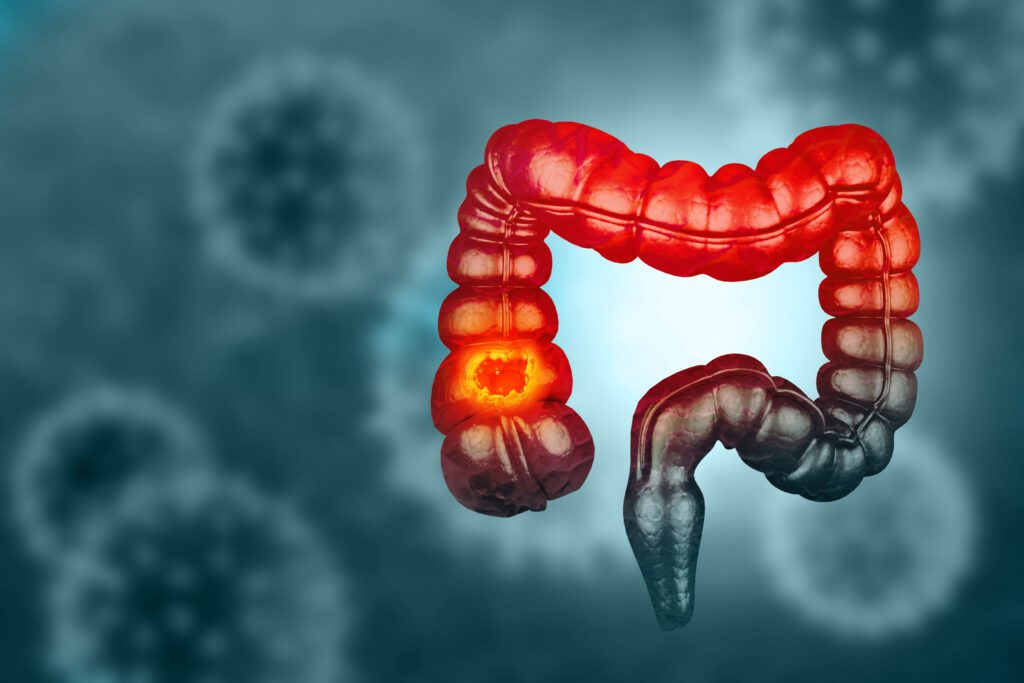by DR. JOY JACKSON
One of the most common health concerns people have as they age is about cancer, and for good reason. It’s the second-leading cause of death among those older than 65. Colorectal cancer, in particular, is a serious health concern for seniors. In Polk County, the colorectal cancer rate is higher at 36.1 per 100,000 population compared to the state’s rate at 33. As the risk of developing colorectal cancer increases with age, it makes awareness and prevention efforts crucial.
Understanding risk factors is key in colorectal cancer prevention. Age is a big risk factor. More than 90% of cases occur in those who are 50 and older. Other risk factors include inflammatory bowel diseases, such as Crohn’s disease or ulcerative colitis; personal or family history of colorectal cancer or polyps; and certain genetic syndromes. Lifestyle factors that are a risk for colorectal cancer include lack of regular physical activity, a diet low in fruits and vegetables, a diet high in red and processed meats, obesity, smoking, and alcohol use.
Once you’ve identified your risk factors for colorectal cancer, the next step is identifying potential symptoms, early detection, and prevention.
Symptoms of colorectal cancer can include a change in bowel habits, such as diarrhea, constipation, or narrow stools; blood in the stool; abdominal discomfort, such as cramps, gas, or pain; a feeling that the bowel does not empty completely; weakness or fatigue; and unexplained weight loss. But it’s crucial to note that many people don’t experience symptoms, which is why regular screening for colorectal cancer is so important.
Regular screening, starting at the age of 45, is key to preventing colorectal cancer and detecting it early. If you have any of the aforementioned risk factors for colorectal cancer, you should talk to your medical provider about how often you should get screened.
The most effective way to reduce the risk and prevent colorectal cancer is by getting screened. However, there are lifestyle changes seniors can make to reduce their risk of colorectal cancer. Eating a healthy diet rich in fruits, vegetables, and whole grains, while limiting red and processed meats, can help. Regular physical activity can also reduce the risk, as can maintaining a healthy weight, avoiding tobacco, and limiting alcohol use.
Overall, raising awareness about colorectal cancer and the importance of early detection and prevention among seniors is crucial. By understanding the risk factors, recognizing the symptoms, getting regular screenings, and making healthy lifestyle choices, seniors can take steps to reduce their risk of developing colorectal cancer and improve their overall health and well-being.
About the Author: Dr. Joy Jackson, an internal medicine physician, serves the community as director of the Florida Department of Health in Polk County (DOH-Polk). For more information about DOH-Polk, visit mypolkhealth.org. Follow DOH-Polk on Twitter at twitter.com/FLHealthPolk.
